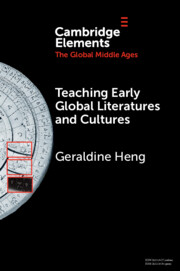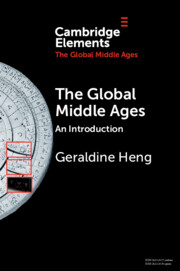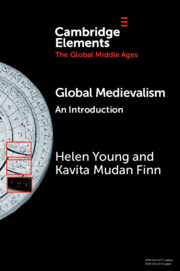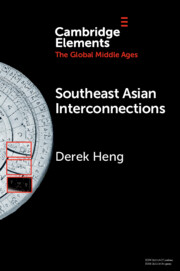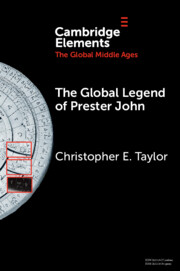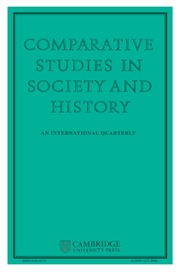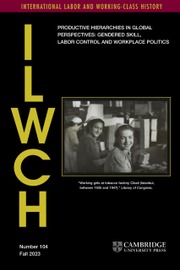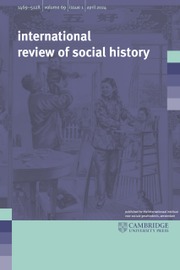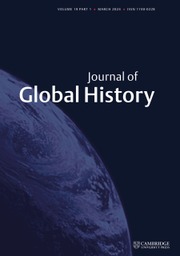Teaching Early Global Literatures and Cultures
Teaching Early Global Literatures and Cultures is a guide to the terra incognita of the global literature classroom. It begins with a framing rationale for why it is valuable to teach early global literatures today; critically surveys the issues involved in such teaching; supplies details of some two dozen texts from which to build a possible syllabus; adds a comprehensive bibliography, and suggestions for student research and student involvement in co-creating course content; and furnishes detailed guidelines for how to teach some 10 texts. It should be possible for faculty and graduate instructors to take this Element and begin teaching its sample syllabus right away.
Product details
May 2025Paperback
9781009633031
75 pages
229 × 152 mm
Not yet published - available from May 2025
Table of Contents
- 1. Introduction: An Experiment in Learning – and Teaching – Early Global Literatures and Cultures
- 2. Why Teach Early Global Literatures and Cultures?
- 3. Organizing a Course, and a Scaffold of Questions in Search of Answers
- 4. What Should We Teach? Two Dozen Texts from Which to Extract a Possible Syllabus
- 5. What Interconnects the Early World of AfroEurasia? What Does that Early World Look like? Teaching The Vinland Sagas, Sundiata: An Epic of Old Mali, and Ibn Fadlan's Mission to the Volga as Global Texts
- 6. Encountering the Other, or Slaves, Race, Religion, Gender, and Sexuality in a World of Differences: Teaching 'The Slave of MS. H.6,' selected documents from India Traders of the Middle Ages, Amitav Ghosh's In an Antique Land: History in the Guise of a Traveler's Tale, and Kamaluddin Abdul-Razzaq Samarqandi's Mission to Calicut and Vijayanagar
- 7. Oceans of Stories, and Island Worlds: Teaching Buzurg ibn Shahriyar's Book of the Wonders of India, and Abu Zayd Al-Sirafi's Accounts of India and China, with the Malay Annals
- 8. The Globalism of Pax Mongolica: Teaching the Secret History of the Mongols and Marco Polo-Rustichello of Pisa's Description of the World
- 9. The Role/s of Students in the Early Global Literature Classroom: Taking Ownership of the Course, Research, and Team Projects.

